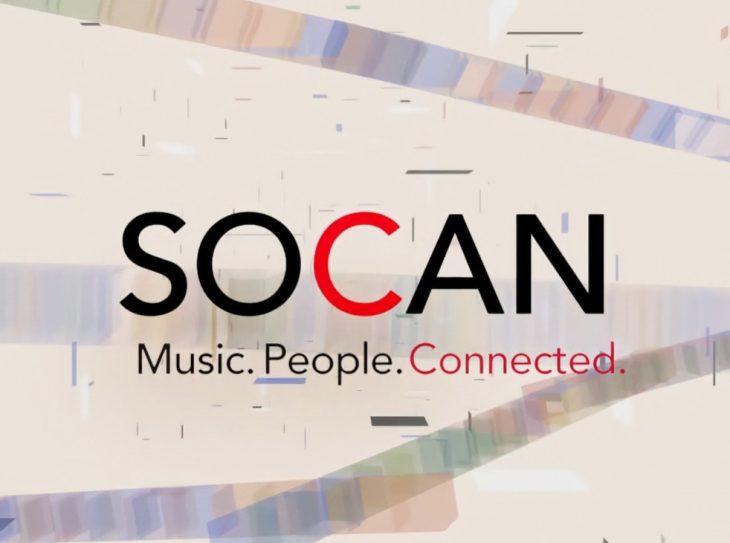
Music Canada says base contribution will disincentivize and jeopardize investments
By Ahmad Hathout
The largest rights management organization in Canada is asking the Federal Court of Appeal for intervenor status to argue that royalties are not equivalent to Canadian content contributions for the sake of determining how much foreign streamers are adding to the broadcasting system.
Amazon, Spotify and Apple, who have been granted a court hearing against a CRTC decision to force them to contribute five per cent of their annual Canadian revenues to content funds, each stream music. In their appeal against the regulator’s decision – which touch on the commission allegedly not factoring in their existing partnerships and contributions to the system – they argue they make royalty payments that exceed those paid by certain traditional radio broadcasters.
But the Society of Composers, Authors and Music Publishers of Canada (SOCAN) said in a submission dated April 23 that the court must know that royalty payments “are a cost of doing business” and should not be considered contributions to content funds.
“Copyright royalties are, and have always been, separate and distinct from the financial contributions made to funds and programs like FACTOR and Musicaction, which exist to support he creation of music by Canadian and Indigenous songwriters and composers, not to compensate those creators for the use of their music,” SOCAN says in its request to intervene in the case, the hearing for which will begin on June 9.
SOCAN argues it should have intervenor status in part because all three appealing streamers name it in their applications.
“It is important to ensure, as the CRTC has done in the Decisions, that the requirements for [streaming services] and other commercial music users to contribute to funds and programs like FACTOR and Musicaction are not reduced or offset by, or in relation to, the copyright royalties that the same users pay to rights holders,” it continues.
The organization also argues in its memorandum that it will argue that Spotify allegedly makes inaccurate claims about how certain royalties are collected, distributed and used in its submissions.
SOCAN licenses and administers performing rights and collects royalties on behalf of over 200,000 members, including songwriters, composers and music publishers.
Music Canada – a non-profit that represents and promotes artists and major recording labels, including from Sony, Universal, and Warner – also filed for intervenor status late last month. It argues that the court should incentivize partnerships by offsetting any contributions made by the online streamers from the base amount – a position it has already argued during the consultation phase but that wasn’t implemented in the final decision.
“The disposition of the issues raised by this proceeding will have significant consequences beyond the payment of base annual contributions, including the interest and ability of the online undertakings to continue to invest in supporting and promoting Canadian and Indigenous artists,” Music Canada said in its notice of application.
“Over recent years, the largest on demand music streaming platforms have hired staff in Canada, which has made a significant difference in the ability to build relationships between creators and the platforms, and finding opportunities to promote Canadian and Indigenous artists at home and abroad,” according to an appended Music Canada affidavit.
“Music Canada agrees that streaming platforms should be recognized for the investments they are making in Canada’s music industry and that such investments should count toward their mandated base contributions,” the affidavit further states. “Industry investments grow our ecosystem. They help generate revenues that are reinvested in the next generation of talent, and they take Canadian artists to the next levels of their creativity and careers with fans around the world.”
The organization also argues that 30 per cent of platform contributions will go toward commercial radio news, which will “come at the expense of artists who are already trying to compete in a highly competitive, global music marketplace.”
Screenshot from SOCAN promo video



